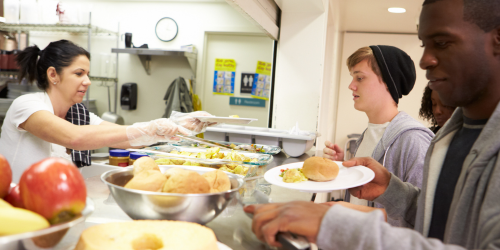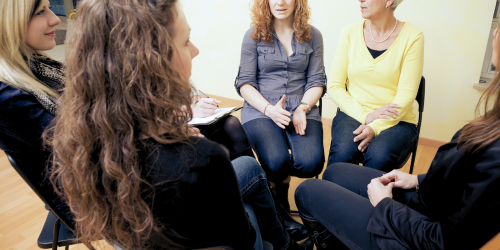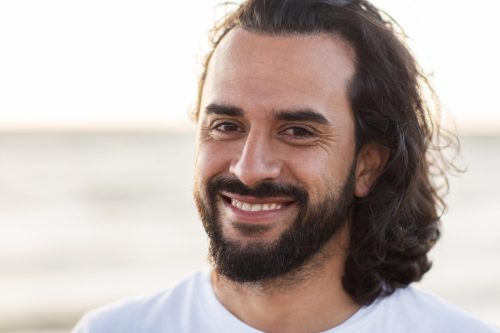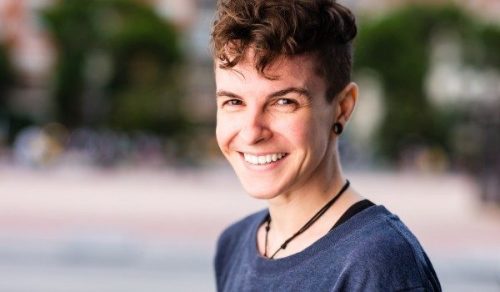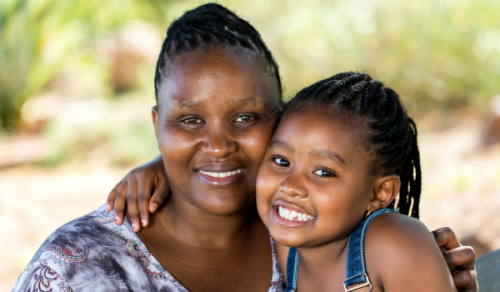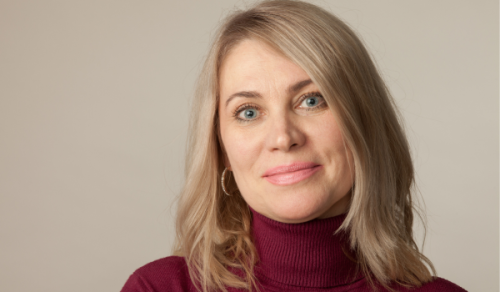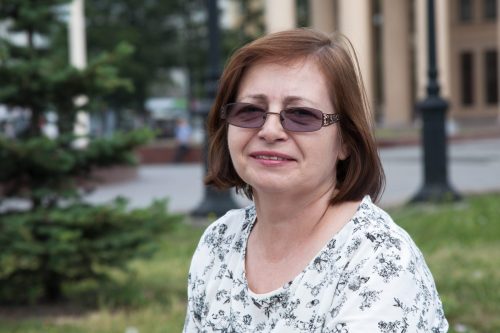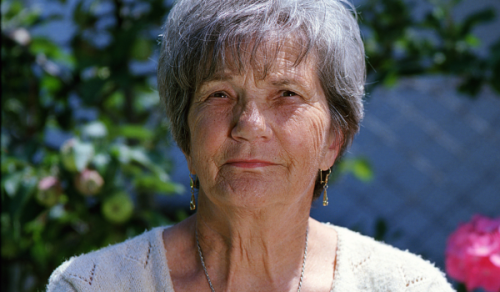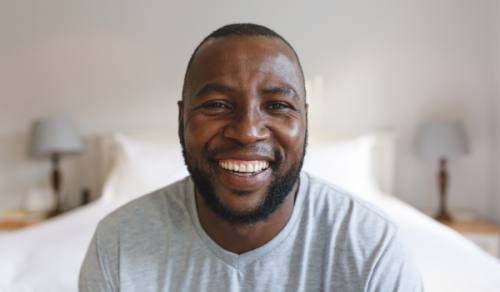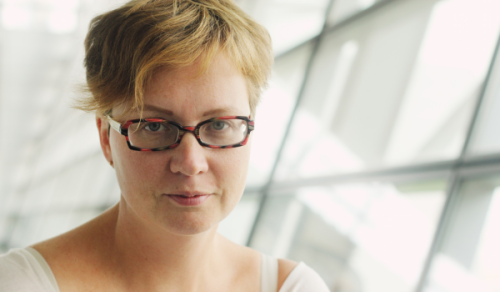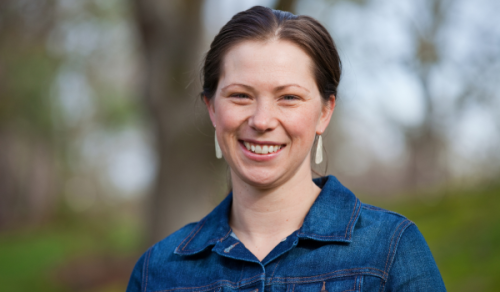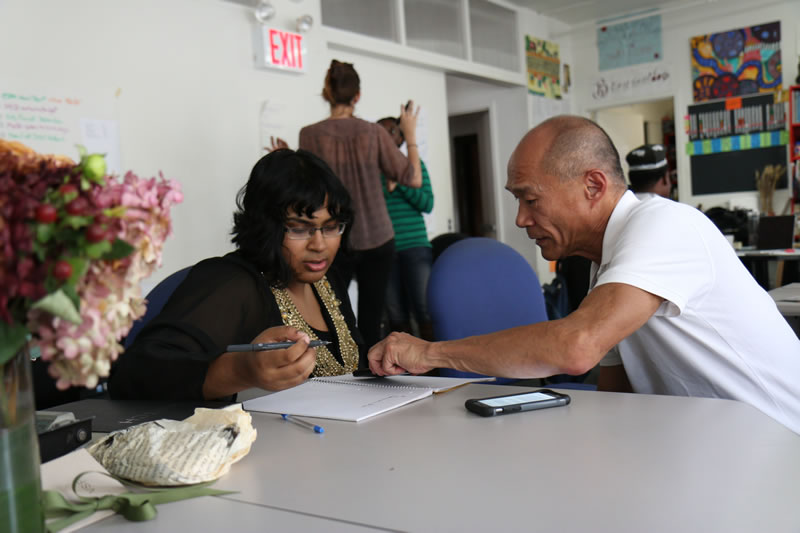
Our Services
We provide essential services across Brighton & Hove, Eastbourne and Hastings, as well as elsewhere in Sussex.
Over the past 50 years BHT Sussex has developed a diverse menu of services to support people who are homeless, or at risk of homelessness, and people who have complex needs.
Our services include: day centre provision, residential rehabilitation, mental health services, specialist housing and legal advice and work, learning and training initiatives.
Real life stories from BHT Sussex
Scotty
Struggling to find employment despite incredible effort can have a big impact on someone’s health and wellbeing. This was the case with Scotty, who found it difficult to identify a clear path into work after being failed by multiple services. This, coupled with the difficulty of managing a chronic illness, made Scotty feel hopeless. However, after working with BHT Sussex’s Intern Programme, who supported Scotty and his specific needs, Scotty found a way through. This is his story. Feeling hopeless “My life was pretty bleak for many years, and I did not see much of a future ahead of me. … Read more
Dylan
Shore House provides accommodation and 24-hour intensive support to people with a range of mental health diagnoses, and those experiencing the effects of complex trauma. To help improve the mental and physical wellbeing of our clients, we offer personalised programmes of support which include activities for clients to engage in. One client, Dylan, found that engaging in the activities offered aided their recovery and helped them open up to staff and their community. This is their story. Prior to arriving at Shore House, Dylan had experienced multiple hospitalisations and difficulties with the law. They were also estranged from their family … Read more
Kosi
After expanding our Immigration Legal Team in recent years, we have been able to assist in more specialist immigration cases that involve domestic violence. Although most immigration cases are complicated, it can be particularly difficult to work through the layers to help someone remain in the UK when someone has experienced domestic violence. A clear example of this is Kosi’s case, who was concerned she wouldn’t be able to remain in the UK if she left her spouse. This is her story. Kosi is originally from Ghana and had been living in the UK for several years with her husband … Read more
Oksana
In the past few years, we have expanded our organisation and added the Homes for Ukraine Sustainment Service, based in Polegate. This team’s core goal is homeless prevention as they work to support Ukrainian refugees being hosted across Sussex, as well as the hosts themselves. Oksana is one of the many Ukrainian women we have supported who have had to move to the UK due to war. This is her story. Oksana is a 45-year-old woman who arrived in the UK with her teenage daughter. They were placed with a host in Sussex and lived there for a year. However, … Read more
Nadiya
Our Homes for Ukraine Sustainment Service not only supports Ukrainian refugees and their hosts throughout their placements, but we also support Ukrainians who want to move into the private rented sector. The housing system works completely differently in Ukraine, so many people feel lost and confused. One such person is Nadiya, who we helped find her own home after she felt ready to leave her host. Nadiya is a 40-year-old woman who was living with a host in Sussex after fleeing Ukraine due to the war. Nadiya wanted her children to come and live with her in the UK, as … Read more
Jacqui
There can be many factors that build up to cause someone to be insecurely housed. For Jacqui, the loss of her job and the breakdown of her marriage led her to become a member of the ‘hidden homeless’ population, as she was sofa surfing. This is when she sought the help of the Accommodation for Work project at BHT Sussex. Jacqui first came to the project following her separation from her ex-husband. He retained the family home to look after their children as he was not working. After moving out, Jacqui stayed on her mother’s sofa and worked part time. … Read more
Mia
Mia, a 75-year-old Spanish woman, was living in sheltered accommodation and had been facing significant financial difficulties for approximately five years due to an ongoing issue with her National Insurance (NI) number. This issue caused her benefits to be repeatedly stopped and reinstated, leading to substantial gaps in income. Without consistent benefits, Mia fell behind on her rent, accruing significant arrears, and was at risk of homelessness. This is her story. The Initial Challenge The root cause of the problem was an error made when Mia first registered for benefits: she was assigned the NI number of another individual with … Read more
Arwa
Homelessness is never part of anyone’s life plan and can completely derail the career path someone is on. Our Accommodation for Work project helps people whose lives have been derailed by homelessness access independent accommodation, employment and education. Arwa came to the project as an 18-year-old with the goal of becoming a dentist. However, domestic violence caused her to become homeless, and forced her to leave her dentistry apprenticeship. This is her story. Arwa lived in on the outskirts of London with her family but began experiencing domestic violence due to cultural and religious issues, which caused the relationship with … Read more
Wendy
Wendy and her adult son, who both live with autism, were facing severe housing challenges. Wendy is the sole carer of her son, who has mobility issues, and they were living in a property that was unfit for habitation. This is Wendy’s story. Wendy’s home was in a state of severe disrepair, with frequent flooding rendering the downstairs of the house uninhabitable. The constant environmental hazards worsened the challenges for Wendy and her son, making it increasingly difficult for both to maintain any sense of stability or comfort in their living conditions. Additionally, both Wendy and her son were agoraphobic … Read more
Harry
At BHT Sussex, the approach we take to help our clients is a collaborative one, ensuring they have agency in their own lives. This empowers them to change their lives and gain independent skills for living. The story of one of our Shore House clients, Harry, highlights this approach, which allowed him to recover from an intentional overdose, reconnect with his family and carry out lasting change to his lifestyle. This is his story. Following an intentional overdose of over-the-counter medication that could have proved fatal, which resulted in a hospital admission, Harry was referred to Shore House – one … Read more
Alice
When a person has experienced many setbacks in life, it can be difficult to find a positive way forward. Prior to coming to Route One, our mental health supported accommodation, Alice was finding it hard to cope with mental and physical health needs, a breakdown of familial relationships and substance use issues. We helped Alice gain the support she needed to see a brighter future away from sofa surfing and into independent accommodation. This is her story. When Alice was referred to Route One, she had complex needs inclusive of emotionally unstable personality disorder, and challenges with depression and intrusive … Read more
Erica
When someone experiences so many difficulties in life, it can be hard to figure out where to even start to address their situation. At Route One, our team are highly knowledgeable and skilled in helping people who have mental health and/or complex needs. Erica is a previous resident of Route One who was helped by the team to take control of her life and address the difficulties she was facing. This is her story.



